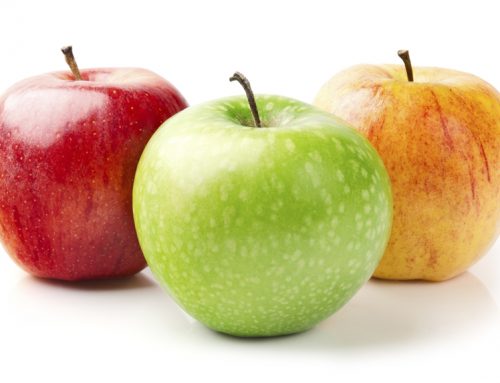Greetings!
Happy Spring! Daffodils have bloomed, the world is greening up and the rhododendrons by the church were especially beautiful this year! I’m anxious to plant a small garden and flower beds. Spring is a time of anticipating, watching things grow, waiting for flowers to share their colorful splendor or maybe carefully checking for that first tomato! All these are signs of hope, hope for beauty, for fresh vegetables and new growth. Coming out of the cold barrenness of winter and anticipating the beauty of spring is much like coming through the difficulties of life. Coming through a pandemic hoping for ‘normalcy’ or watching the George Floyd trial and hoping for justice that will bring healing. We go through difficult times, always hoping that it will be better. However, I think our hopes for our flower beds differ from our hopes for humanity. In our flowerbeds there is room for vast differences in flowers, in color, in types and in purpose, and we step back to admire them and we tend to them equally. But with people, we may not be so celebratory of the differences we see. We have become more strident and less inclusive, not just because of racial differences, but also because of ideology and even faith issues. We are more entrenched in our own understandings and beliefs and less open to the availability of truth from multiple sources. For example, we accept truth and understanding of life from our own experiences over the truth of the experiences of another person’s life. Hence the difficulty of recognizing systemic racism. I think we forget to start with God first in understanding the diversity of life. It is God, who in reality instills truth and beauty in all things. And, in our faith tradition we proclaim that God is sovereign and the source and fountain of all good and truth. This is God’s world, all truth is from God, and we can engage it without being defensive. Of course, when we engage other perspectives, we just might end up revising our own—and we may even draw some wrong conclusions, too. But! Let us remember we’re not saved by being right; we’re saved by grace.
Douglas F. Ottati, Professor of Reformed Theology and Justice at Davidson College in North Carolina, writes, “….we are creatures, not God, and we don’t know the whole truth. The Christian doctrine of sin means not only that people are unjust and sometimes difficult, but also that we chronically prefer our own interests and often hold other people’s positions in contempt. We can learn from Reinhold Niebuhr, when he says forgiveness means ‘willingness to bear evil in the other without vindictiveness, because evil in the self is known.’”
To seek a better understanding of this world we live in, when we are in conversation with someone, we ought to listen and allow them to challenge us. However, without a Christian view of creation and sin, it’s hard to see that our understandings are chronically corrupted and that we need to continue, with grace, to revise and improve them.
It is common that in anxious times, people develop a falsely intense notion of certainty. In our current social circumstances, our anxieties intensify, because we often find differences threatening and then try to defend the imagined absoluteness of our stances and standards.
Today, we need people not to become too hardened in their own views. To be open to the broadness of truth found in this world which belongs to God. Proverbs 3 reminds us 5 Trust in the Lord with all your heart, and do not rely on your own insight. 6 In all your ways acknowledge him, and he will make straight your paths. We need to have confidence that, in God’s world, there are new possibilities, some of which reside in things we find threatening. In this we will find hope for new beginnings. Hope for being a new way of being God’s people. Hope for a kinder way to be in community. Hope for justice that heals.
Blessings!
Brenda





